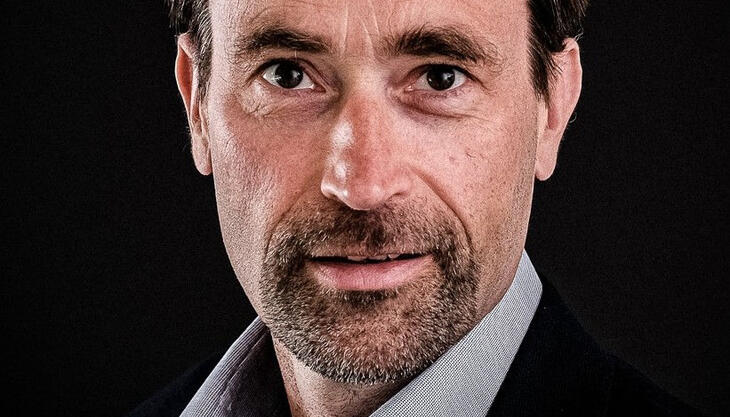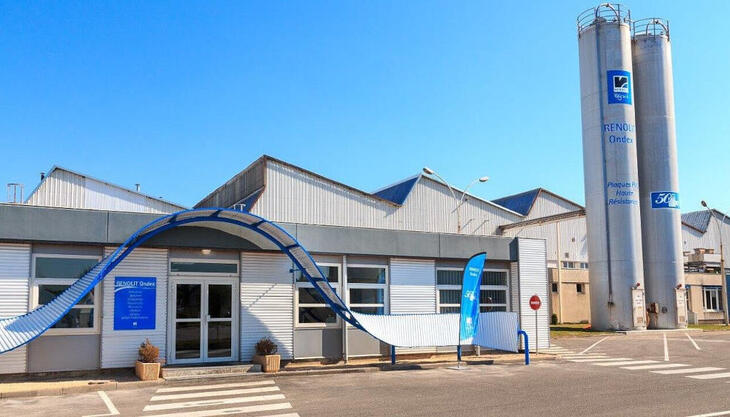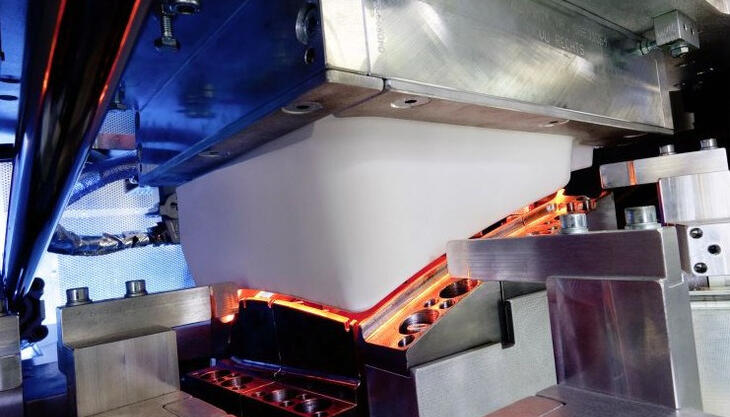New technologies for the rotomoulding sector
The EU funded ROTOFLEX project, to which ASSOCOMAPLAST participate in, is half way through its three-year funding period and significant progress has been made in relation to its key objectives. ROTOFLEX, which is led by independent rubber and plastics consultancy Smithers Rapra, aims to develop innovative rotomoulding technologies in order to improve cycle times and process efficiency whilst facilitating greater flexibility in product design and integrity for the SME rotomoulding sector.
Queens University Belfast and University of Minho (Guimarães, Portugal) have been active over the last 18 months designing and developing an automated material feed/filling system and several rotationally-moulded samples using various processing conditions. A full scale prototype feeding system has been constructed and is fully incorporated into one of the rotomoulding machines. The system facilitates the precise positioning and stopping of a mould to a pre-determined point, thus enabling the accurate dosing of powders, fillers, directly to the mould, whilst it remains inside the oven. The moulded samples were characterised in terms of morphology, mechanical properties (tensile and impact tests) and shrinkage (using a 3D Measuring machine). The results obtained will provide the baseline data for comparison with the results obtained with the ROTOFLEX system developed at Queens University Belfast.
Details of the ROTOFLEX developments will be made public in the coming months, but for further information: [email protected] or www.rotoflex-eu.org where a registration for free literature alerts relevant to the rotomoulding industry is possible.



















